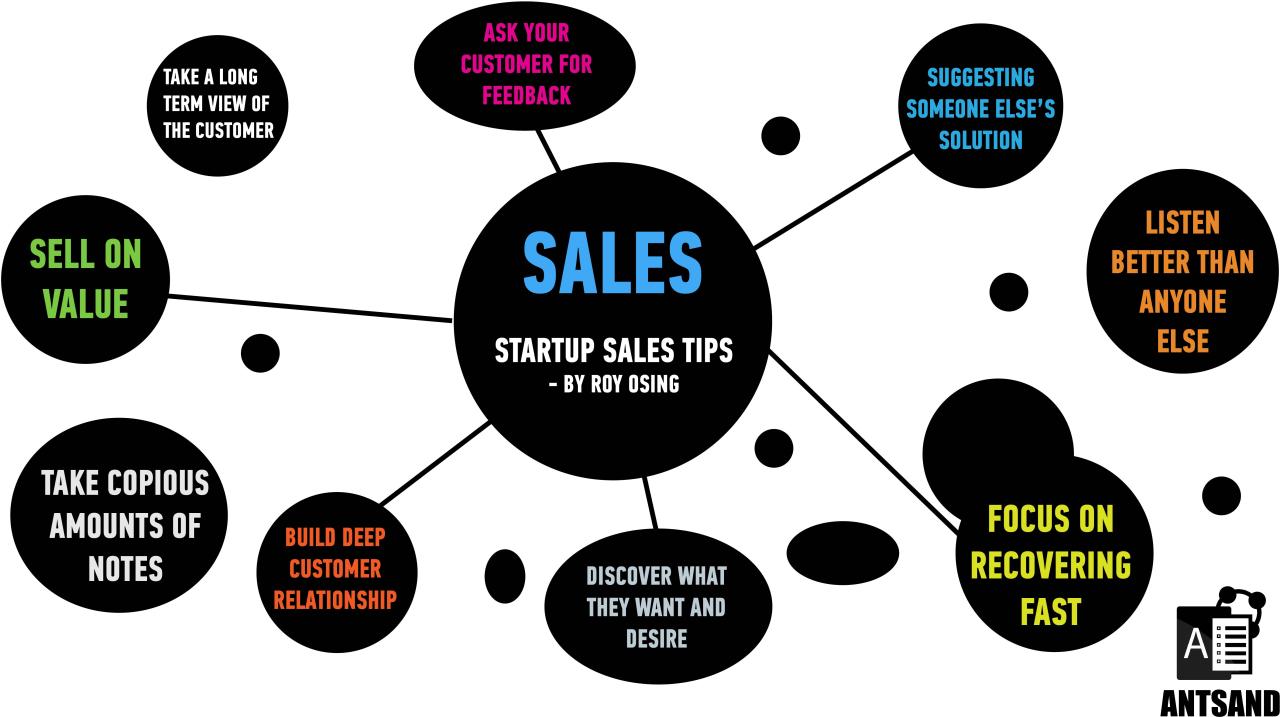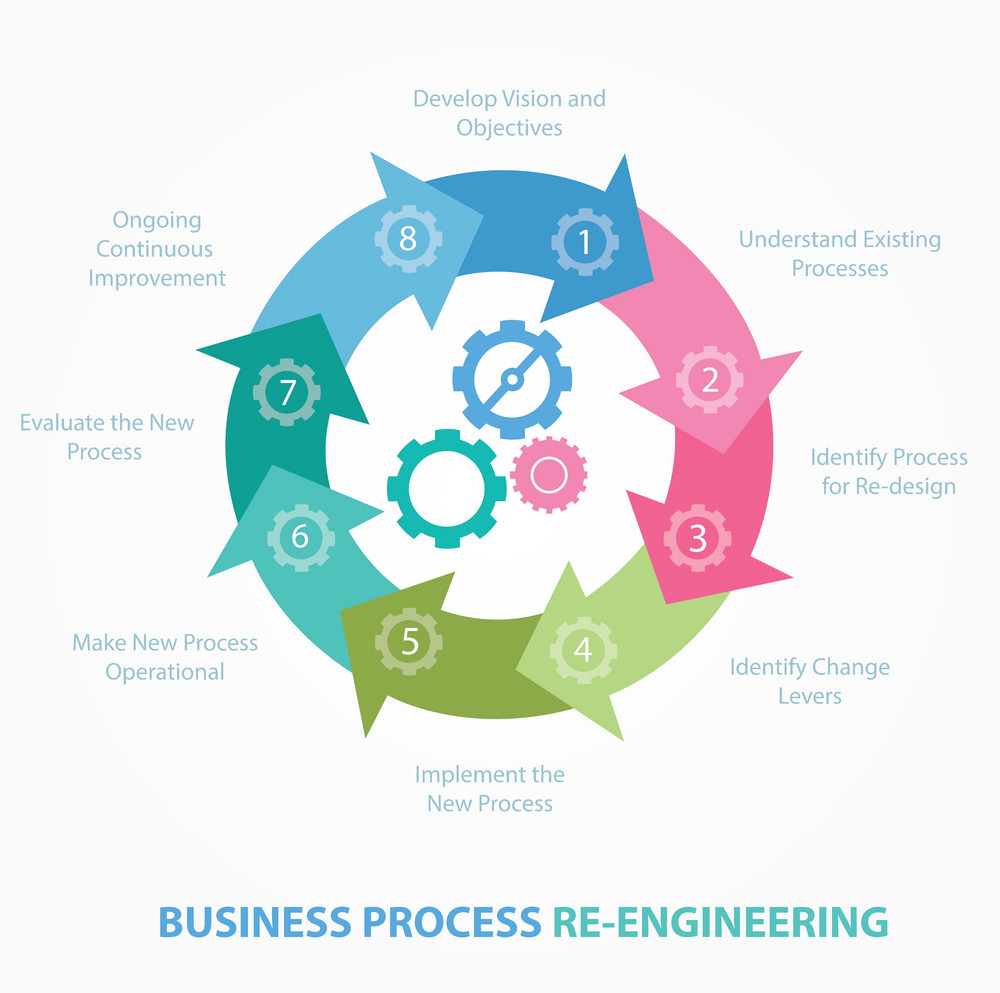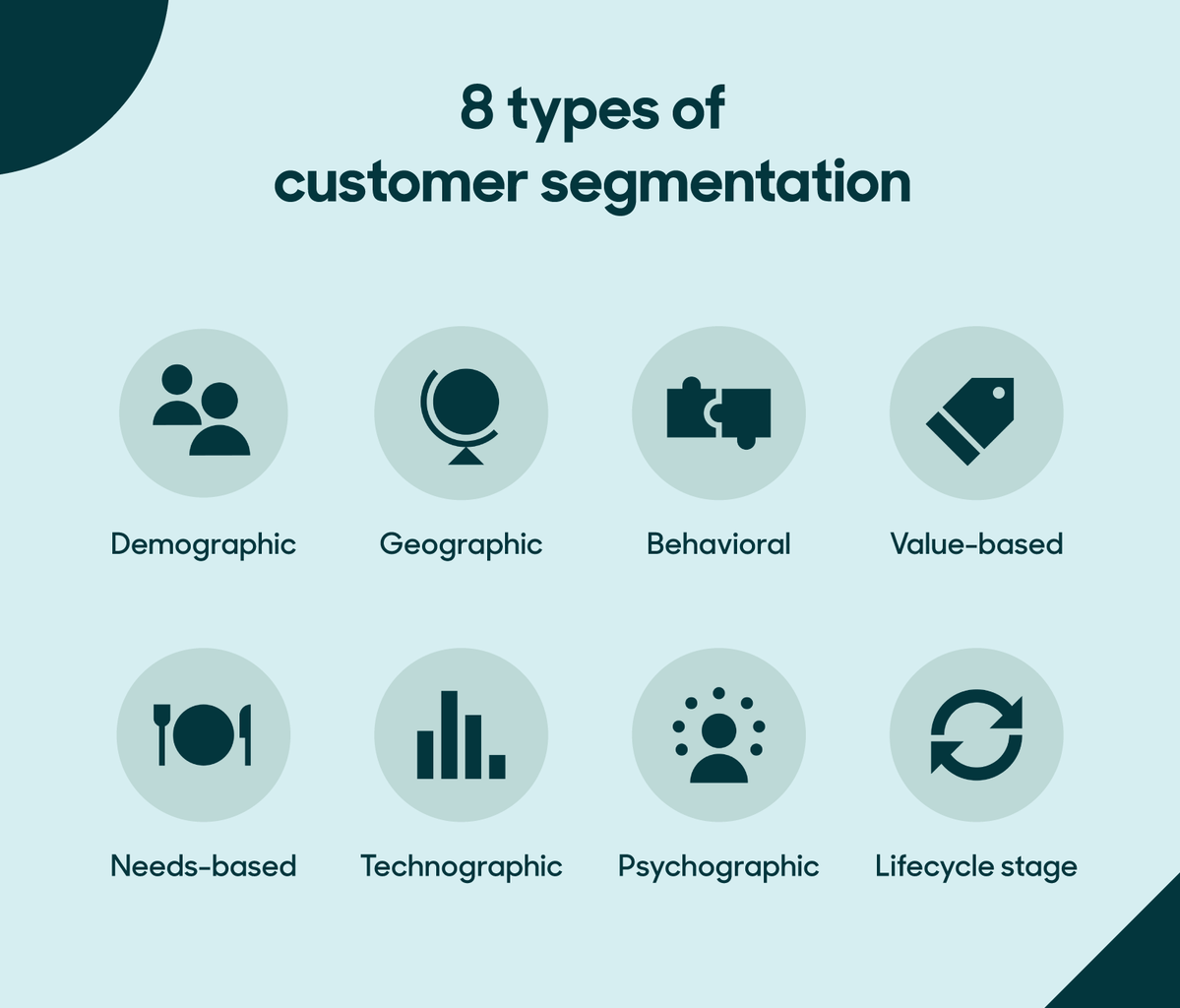Effective Sales Techniques For Startups
Effective sales techniques for startups – Effective sales techniques are the cornerstone of success for any startup. In today’s competitive market, it’s more important than ever to have a solid sales strategy that can help you reach your target audience, close deals, and build lasting customer relationships. This guide will provide you with the essential sales techniques you need to succeed as a startup.
We’ll cover everything from developing a sales strategy to prospecting and lead generation, from sales communication and negotiation to customer relationship management. By the end of this guide, you’ll have the knowledge and skills you need to build a strong sales team and drive growth for your startup.
Understanding Effective Sales Techniques

Effective sales techniques are crucial for startups to drive revenue, build customer relationships, and achieve long-term success. Startups face unique challenges in sales, including limited resources, a lack of brand recognition, and intense competition.
Understanding the Importance of Effective Sales Techniques
Effective sales techniques enable startups to:
- Generate leads and convert them into paying customers
- Build strong customer relationships and foster loyalty
- Differentiate themselves from competitors and establish a competitive advantage
- Maximize revenue and profitability
Challenges Faced by Startups in Sales
Startups face several challenges in sales, including:
- Limited resources: Startups often have limited budgets and staff, making it challenging to invest in sales and marketing efforts.
- Lack of brand recognition: Startups typically have low brand recognition, which can make it difficult to attract customers and build trust.
- Intense competition: Startups operate in highly competitive markets, where they must differentiate themselves and find ways to stand out from established competitors.
Building a Strong Sales Foundation

Establishing a robust sales foundation is crucial for startups to generate revenue and drive growth. By implementing effective sales techniques, startups can optimize their sales process, increase conversion rates, and build lasting customer relationships.
Developing a comprehensive sales strategy is the cornerstone of a strong sales foundation. This involves defining target customers, identifying their needs, and developing tailored solutions that address their pain points. A compelling value proposition that clearly articulates the unique benefits and differentiators of the product or service is essential for attracting and retaining customers.
Customer Relationship Management (CRM)
Customer relationship management (CRM) plays a vital role in sales by providing a centralized platform for managing customer interactions, tracking sales activities, and nurturing relationships. By leveraging CRM tools, startups can gain a deeper understanding of customer preferences, personalize interactions, and improve overall customer satisfaction.
Prospecting and Lead Generation

Identifying and qualifying potential customers is crucial for the success of any sales team. It involves finding individuals or businesses who have a need for your product or service and who are likely to make a purchase. Lead generation is the process of attracting these potential customers and capturing their contact information for further nurturing.
Building a strong sales pipeline is essential for ensuring a steady flow of qualified leads. A sales pipeline is a visual representation of the stages that leads progress through as they move from initial contact to becoming paying customers. By managing your sales pipeline effectively, you can track the progress of each lead, identify potential bottlenecks, and make adjustments to your sales process to improve conversion rates.
Qualifying Leads
- Determine the target audience for your product or service.
- Identify the pain points and challenges that your target audience faces.
- Develop qualifying questions to ask potential customers to determine if they are a good fit for your offering.
Nurturing Leads
- Provide valuable content that educates leads about your product or service and addresses their pain points.
- Personalize your communication with leads by using their name and tailoring your messages to their specific interests.
- Use lead scoring to prioritize leads based on their level of engagement and likelihood to convert.
Sales Communication and Negotiation
Effective sales communication is crucial for building rapport, conveying value, and persuading customers. Salespeople should master active listening, empathy, and the ability to articulate their value proposition clearly and persuasively.
Negotiation is an essential part of sales, and understanding its principles is key to achieving win-win outcomes. Salespeople should prepare thoroughly, set realistic goals, and focus on building consensus rather than winning arguments.
Handling Objections
Objections are inevitable in sales, and handling them effectively is crucial. Salespeople should acknowledge objections, restate them to ensure understanding, and respond with empathy and logic. They should provide solutions that address the customer’s concerns and demonstrate the value of their product or service.
Closing Deals
Closing deals is the ultimate goal of sales, and it requires confidence and persistence. Salespeople should use effective closing techniques, such as asking for the order directly, offering incentives, and handling last-minute objections. They should also be prepared to negotiate and make concessions when necessary, while ensuring they maintain a strong bottom line.
Customer Relationship Management
Establishing and nurturing enduring customer connections is paramount for any startup’s success. By prioritizing customer satisfaction and fostering loyalty, startups can secure repeat business, drive growth, and differentiate themselves in a competitive market.
Exceptional customer service is the cornerstone of strong customer relationships. This involves responding promptly to inquiries, resolving issues efficiently, and exceeding expectations at every touchpoint. By consistently delivering personalized and memorable experiences, startups can build trust and create a loyal customer base.
Strategies for Increasing Customer Loyalty and Repeat Business
Implementing effective strategies is crucial for increasing customer loyalty and repeat business. Here are some proven techniques:
- Loyalty Programs: Offer rewards, discounts, and exclusive benefits to repeat customers.
- Personalized Communication: Tailor marketing messages and communications based on customer preferences and past interactions.
- Customer Feedback: Regularly gather feedback through surveys, reviews, and social media listening to identify areas for improvement and enhance customer satisfaction.
- Exceptional Customer Support: Provide dedicated support channels, knowledgeable staff, and prompt response times to resolve customer issues efficiently.
Sales Measurement and Analysis: Effective Sales Techniques For Startups
Measuring and analyzing sales performance is crucial for startups to optimize their sales processes and drive growth. By tracking key metrics and analyzing sales data, startups can gain valuable insights into their sales effectiveness, identify areas for improvement, and make data-driven decisions to improve results.
Key Metrics for Measuring Sales Performance
- Sales revenue: Total amount of revenue generated from sales activities.
- Sales volume: Number of units or products sold.
- Average deal size: Average value of each sales transaction.
- Customer acquisition cost (CAC): Cost of acquiring a new customer.
- Sales conversion rate: Percentage of leads that convert into paying customers.
- Customer lifetime value (CLTV): Total revenue expected to be generated from a customer over their lifetime.
Importance of Tracking and Analyzing Sales Data, Effective sales techniques for startups
Tracking and analyzing sales data allows startups to:
- Identify trends and patterns in sales performance.
- Set realistic sales targets and track progress towards them.
- Pinpoint areas for improvement in the sales process.
- Make informed decisions about resource allocation and marketing strategies.
- Forecast future sales and revenue.
Tips for Optimizing Sales Processes and Improving Results
- Regularly review and analyze sales data to identify areas for improvement.
- Use sales forecasting tools to predict future sales and revenue.
- Provide sales training to improve the skills and knowledge of sales reps.
- Implement a customer relationship management (CRM) system to track customer interactions and build stronger relationships.
- Automate sales processes to streamline tasks and improve efficiency.
Quick FAQs
What are the most important sales techniques for startups?
The most important sales techniques for startups include developing a strong sales strategy, prospecting and lead generation, sales communication and negotiation, and customer relationship management.
How can I develop a strong sales strategy?
To develop a strong sales strategy, you need to first understand your target market, your competition, and your own unique value proposition. Once you have a clear understanding of these factors, you can develop a sales strategy that will help you reach your target audience, close deals, and build lasting customer relationships.
What are the best ways to prospect and generate leads?
There are a number of different ways to prospect and generate leads, including online marketing, social media, networking, and cold calling. The best way to prospect and generate leads will vary depending on your target market and your own unique business model.






